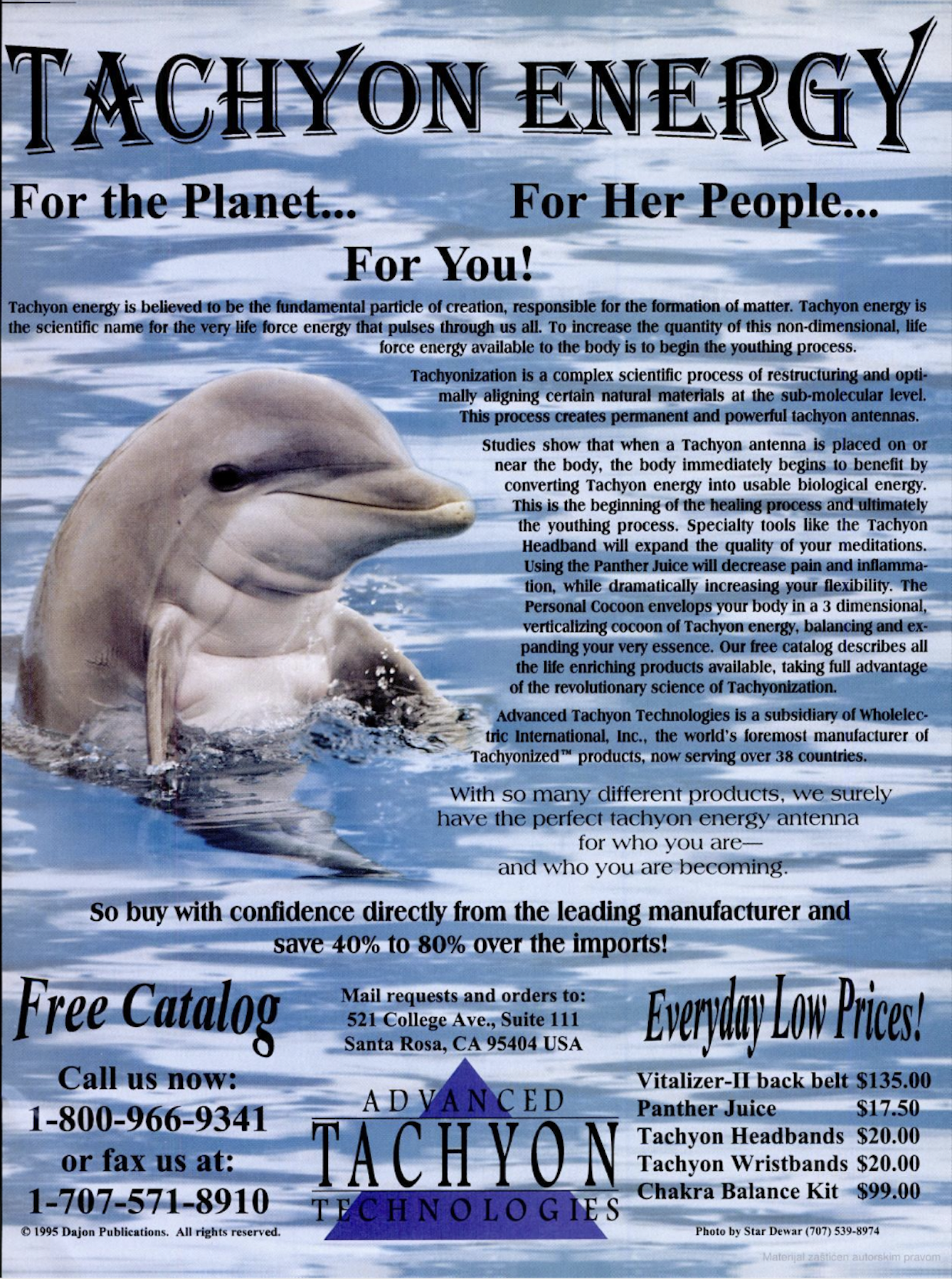A few days ago, a strange, obscure article went viral. The headline ran,
“The Backrooms of Internet Archive”
In short:
There’s an image of an eerie, empty, fluorescent-lit office space that’s been circulating the Internet for close to 15 years.
This image, known as “The Backrooms,” has given rise to hundreds of discussions threads, communities, even video games that talk about creepy, not-quite-right “liminal spaces,” places that feel like they might be portals to other dimensions.
Only one problem:
Nobody knows where or what the real Backrooms, meaning the office in the photo, actually was.
Thousands of Internet sleuths have been working on the question in the past decade.
No success.
But come to think of it, maybe that’s not a problem at all.
Maybe that’s the reason why the discussions, communities, and video games popped up in the first place.
Maybe that’s the reason why, more than 13 years after The Backrooms image first started circulating on the Internet, the article about it went viral, with millions of views in one day.
Because the mystery of The Backrooms, which has been going on for so long, has finally been solved.
The actual info on the Backrooms turns out not to be very interesting (a 2003 photo of a furniture store in Oshkosh, WI).
But really, is anything very interesting?
My claim is that nothing is, or can be. Not when you compare it to the feeling of not knowing but wanting to know, of immense possibility and unfulfilled desire, of genuine mystery.
So here’s the real problem:
Where are the mysteries today?
All the corners of the Earth, including the bottoms of the oceans, have been explored.
Every field of human experience has thousands of experts and millions of pages of analysis and study to explain it.
Everything is recorded and logged. There’s more data than ever. None of it can be lost or destroyed any more.
And now, we even have stupid AI, available to all, that can sift and sort through all these zettabytes of information, to resolve any question that might pop up in your head in a matter of seconds.
This is why I believe value of mystery will increase. It’s simple scarcity.
That’s why real-world images like The Backrooms, if they cannot be traced, engage the mass mind obsessively.
That’s why people have spent hundreds of thousands of collective hours trying to figure out the origin of the “The Most Mysterious Song on The Internet,” which aired just once in 1984 in West Germany.
That’s why several people died trying to track down the hidden treasure, described only in a cryptic poem, left behind in 2010 by an antiques dealer named Forrest Fenn.
But let me wrap this up. What does all this mean for you?
Is it just a matter of curiosity?
Or maybe an opportunity?
Enter the idea I floated yesterday, the Future Pacing Club.
I’m encouraged by the response I’ve gotten so far. In case you missed my message yesterday, or you weren’t yet convinced to reply, here’s what I wrote:
===
All this gave me an idea. I called this idea Future Pacing Club.
I personally enjoy finding out, researching, and thinking about current trends and what the future might bring.
It’s not just idle chin-stroking, either. This kind of info can be valuable – as marketing fodder, in spotting new business opportunities, or simply in knowing to stockpile cans of beans and tuna in anticipation for the hell that’s coming. (Actually, never mind about that last one.)
Of course, there’s only so many trends I will spot, and most of my interpretations of where the future will go will be limited or most likely wrong.
That’s why I had the idea for an exclusive club, to make this an activity shared among a few interested, smart, invested people.
So if 1) you work in marketing, if have your own business, or if you invest, and 2) if you’re interested in a place to get exposed to current trends and what the future might bring, then maybe such a club could be interesting to you too?
I don’t know. But if does sound interesting, reply to this email and let me know.
I definitely won’t create and run something like this just for myself. I would also want it to feel exclusive, intimate, and valuable.
I’m not sure yet how that might work.
But if there’s interest, and the right kind of interest, then maybe something can come of this idea, and maybe it could be valuable and interesting for you too. The only way to know is to reply to this email.
In the words of Robert Collier:
“But remember, in the great book of Time there is but one word — ‘NOW'” — so drop your reply in an email now.

